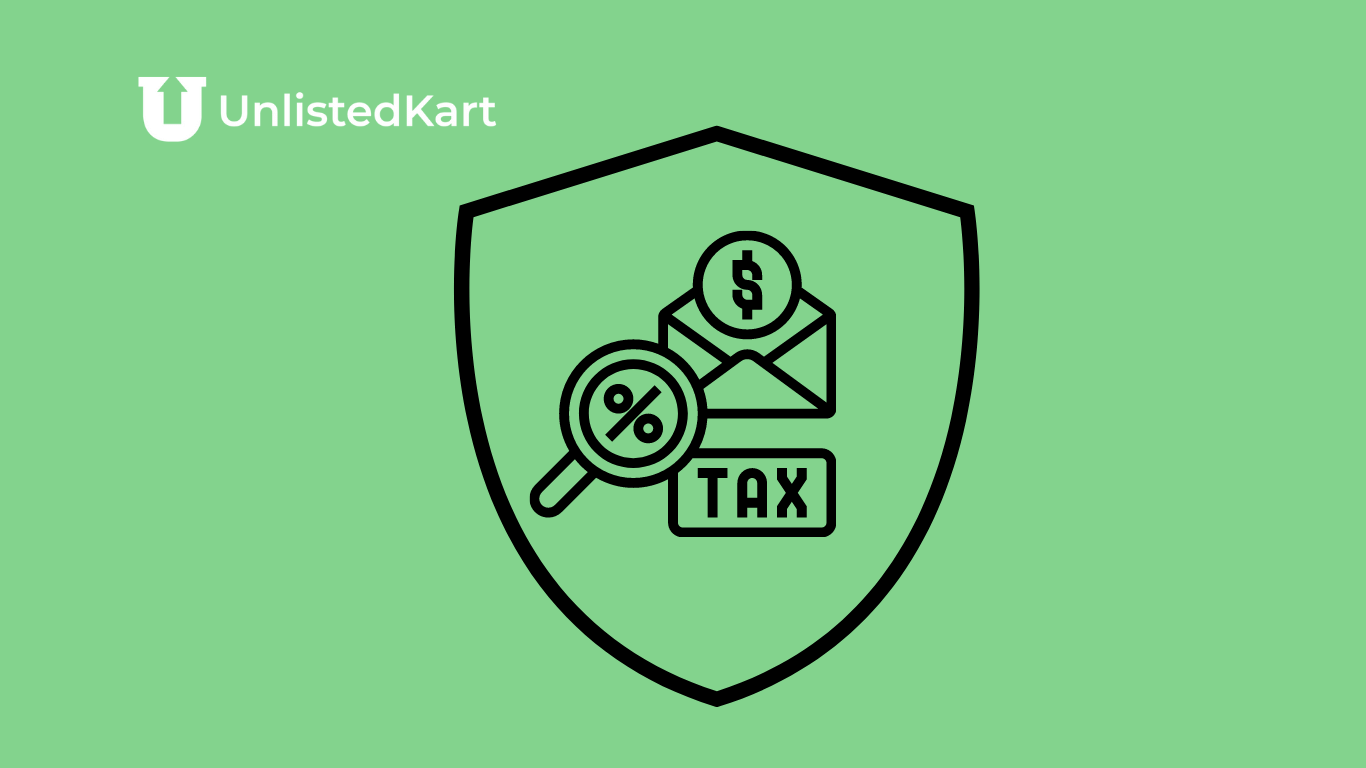Safety & Income Tax on Unlisted Shares 101: The Essential Guide | Are Unlisted Shares Safe?
“Why would I buy shares from an unlisted market?”
“Is it safe to buy unlisted shares?”
“Can I actually generate wealth through unlisted shares?”
These are the biggest questions among the investors who think of buying Pre-IPO equity from the unlisted market.
The industry of unlisted markets is not new, but it’s growing fast. Multiple players have popped up in various cities and attracted novice investors who are willing to take on the risk because there aren’t any regulations for this market.
The markets are full of opportunities for investors with different tastes. In the unlisted sectors like chemical or financial companies, you can find shares in common as well some unique players such as unicorn stocks and IPL teams that might be worth getting excited about.
The best part of unlisted markets is that they bring the Pre-IPO equity to retail investors, who can actually make good money. Shares in new-age companies like financial service providers or e-commerce platforms are on everybody’s watch list because there could be big moves coming up soon.
One should note that deals in unlisted markets are legitimate and the transfer of ownership is done in the Demat account only.
The market can be difficult, and it’s easy to get lost in all of the details when you’re new.
So let us break down what differentiates private markets from main ones:
Why do we need an unlisted market?
Unlisted markets are often a haven for those wishing to sell their stock at an appropriate price. Companies offer shares under the ESOP plan, also known as the employee stock options program or simply ESOPs.
The flip side of the coin is that investors will put money into companies when they know there’s potential for growth, but also demand risk.
Companies in their early stages have a lot more uncertainty and volatility than mature businesses do.
How do you buy unlisted shares safely?
Buying unlisted shares of a company has become much easier for investors in recent years. However, the ticket size and price is usually higher as it’s based on market demand along with future outlooks that may affect them too.
There are many ways to invest in the stock market, but investors should always opt for reliable dealers or sellers. Retailers offer this option as well; however, it is important that you find someone reputable when buying shares from them.
Is it safe to buy unlisted shares?
Yes! Investing in unlisted shares is completely safe.
The industry is experiencing a boom with the entrance of new players. The private market for unlisted space is not a place where you can get rich quickly. You need patience, trust, and an understanding that this industry has long horizons—it will take time before your investment pays off in full if nurtured properly by companies with good management practices.
Is There A Tax On Unlisted Shares?
Short answer: yes
The return you might be expecting after investing in it can vary depending on whether an income tax liability will also accrue along with the interest earned by such shares.
Capital Gain on Sale of Unlisted Shares
In many cases, unlisted shares are sold by smaller or emerging companies that can’t afford to meet the listing requirements on an official exchange.
This means they might be less liquid than their listed counterparts.
If you own shares in an unlisted company, there’s no telling what their value could be because they aren’t traded on any approved stock exchange and don’t pay STT (the tax that all other companies have to pay).
How Are Gains On Unlisted Shares Taxed?
The taxation of gains from selling unlisted shares is a little more complicated than it might seem.
Equity capital in the form of company stock has two different classifications: short-term and long-term; each with its own set tax consequences for investors who sell these instruments.
Short-term gain/loss
The short-term gains of an unlisted share are taxed as per the tax slab. If you own that stock for less than two years, your investment will be considered ‘short term’.
The short-term capital gains or losses are the short-term capital gain (STCG) and short-term capital loss (STCL).
Long-term gain/loss
Any gain or loss from sale of an unlisted share is considered long-term if such a share is sold after two years from the date of investment.
The long-term loss may be adjusted against long-term gains, while long-term gains are taxed at a rate of 20 percent after indexation.
The income tax on unlisted shares is identical to the taxes that apply in other cases. These are some of your options if you’re looking at selling these type of assets, but there’s always more than one way forward so do plenty of research before making any decisions!
Long Term Capital Benefit – 20% Indexed
Short Term Capital Benefit – charged at slab rates.
Note: In the case of non-residents, LTCG on non-listed shares is 10% without inflation.
So, Is It Safe To Buy Unlisted Shares? Hopefully, We’ve Answered All Your Questions. If Not, Reach Out To Us.
Investing in an unlisted share requires due diligence and compliance with regulations to make sure you’re doing everything by the book so that your investment will be safe.
While investing in the unlisted space, having a broker you can trust is imperative.
That is where we come in.
UnlistedKart is India’s leading and safest unlisted shares marketplace for Unlisted & Pre IPO Shares. We have been featured on Forbes, Bloomberg, Money control, India Today & more.


